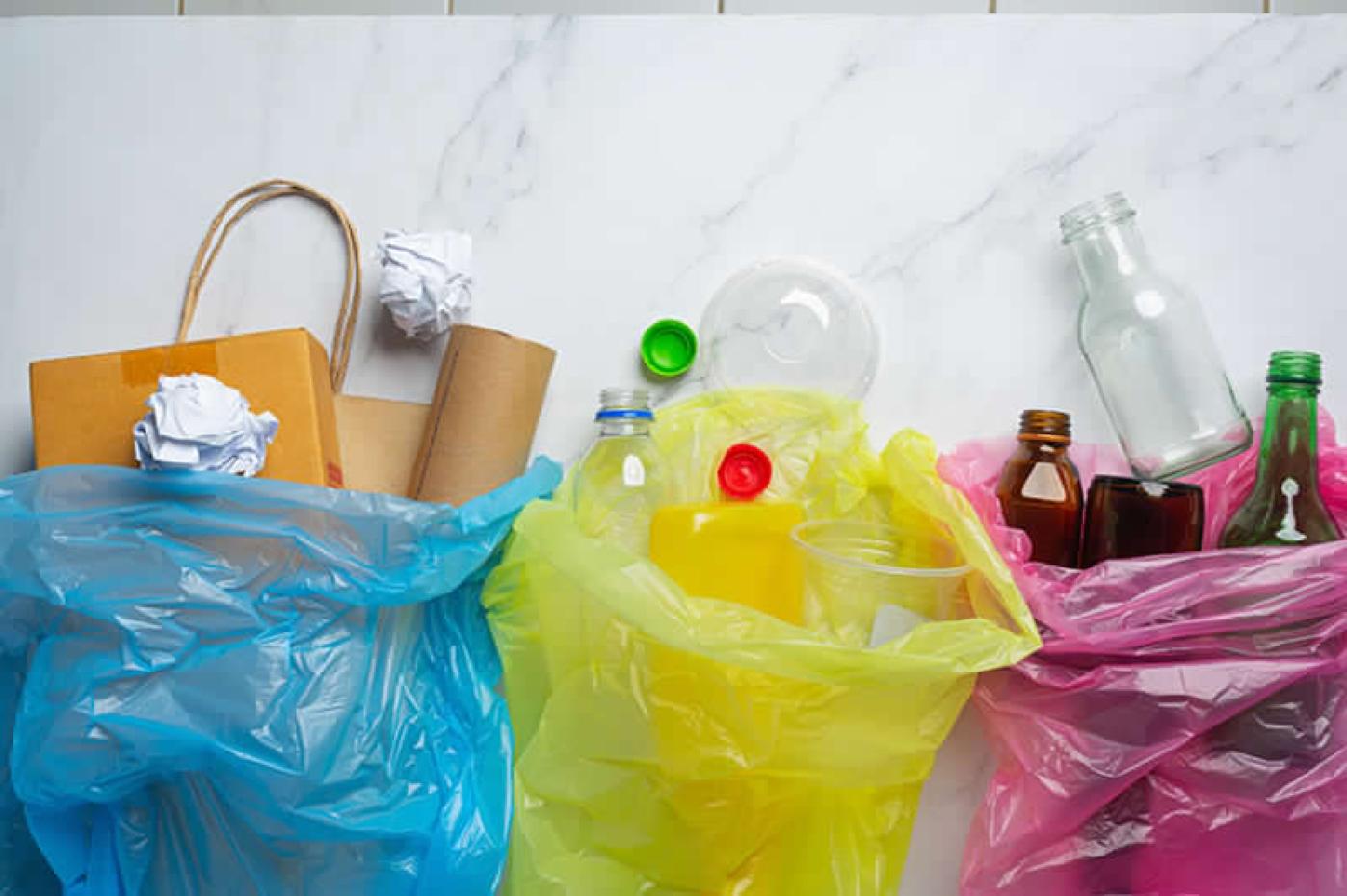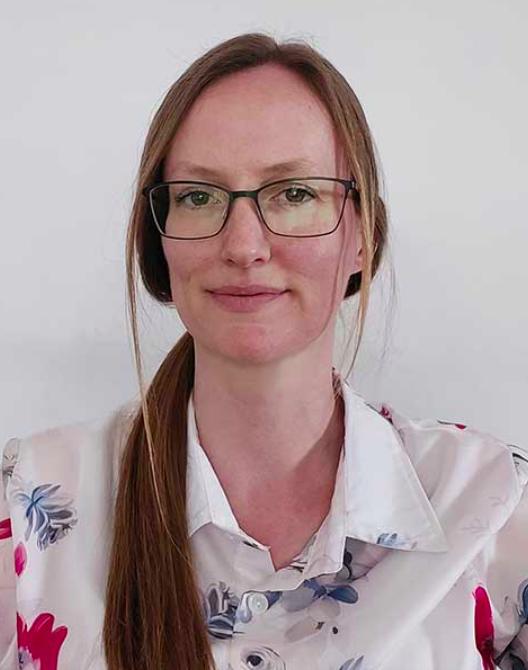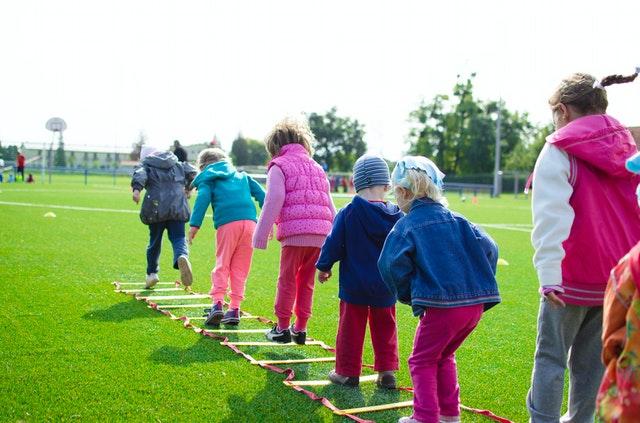
2 minute read
Webinar: Source separation practices and collection systems for MSW
In this week’s webinar we were offered a glimpse of the source separation system used in the municipalities of the Grenland region in Norway as well as source separation and waste minimization initiatives on a national level.
Mr. Erik Høines, Head of development at Renovasjon i Grenland IKS (RIG), highlighted achievements, planned advancements and future targets in MSW recycling. He gave an overview of the history of waste management and how deeply it is interconnected with economic and technological developments along with rising ecological awareness and laws.
Advertisement
RIG is the intermunicipal company responsible for waste collection covering 4 municipalities in the Grenland region. RIG develops and executes the source separation system, administrates waste collection tenders for households and operates waste collection and recycling stations in the region. RIG has currently extended the source separation system to collect glass and metal packaging, with ID marking and household waste bins having recently been launched as a new initiative.
Mrs. Hildegunn Iversen, CEO of LOOP in Norway shared insights on source separation and waste minimization practices. LOOP is an NGO supported by private and public entities in the waste management industry. They have coordinated a national initiative on a new colour coded labelling system for source separation that aims to make it easier for disposers to separate correctly.
LOOP also operates a national communication platform www.sortere.no, for waste management, source separation and recycling, covering both MSW and commercial waste. The platform provides a national overview on waste management and relevant regulations, source separation practices, waste categorisation and marking, and guidelines on collection and recycling of packaging materials, EE waste and other fractions.

Website: http://circular-waste.eu

Facebook: https://www.facebook.com/CircularBasedWasteManagement/ about/?ref=page_internal
Instagram: https://www.instagram.com/circularwaste/
Twitter: https://twitter.com/CircularWaste
Youtube channel: https://www.youtube.com/channel/UCBM20VIDxI_dywQvBTndwA

Social Inclusion, Youth Employment and Povery Reduction

Project 1361 Inclusion through sports for children with developmental disabilities

The context for the project "Inclusion through sports for children with developmental disabilities" is demonstrated by World Health Organization’s numbers: 200 million people with intellectual disabilities (ID) in the world face stigma and isolation. According to WHO people with ID have poorer health status, lower educational access, experience barriers in daily life, mainly in accessing health care and education. Meanwhile, research shows a strong correlation between participation in organized sports and a range of positive outcomes: individuals with ID experience improved social skills, self-confidence, self-determination, and independence (Weiss, J., Diamond, T., Demark, J., & Lovald, B. (2003).
Through our project, we want to give a new opportunity to children with intellectual disabilities to overcome isolation. Over 5,200 children and youth with and without intellectual disabilities from 55 cities located in Central Europe, Southern Europe and the Balkans will participate in sports competitions that will encourage social inclusion and will help improve the cognitive, social and motor abilities in children with intellectual disabilities (ID), aged 6-12.
The project aims to encourage children with and without intellectual disabilities to learn and play together, in this way helping those with ID in developing essential skills through activities and team games, to promote inclusion in the community and among youth without intellectual disabilities and to help family members of those with ID in regaining trust in their children’s abilities.
Over the course of three years, from January 2021 to December 2023, the European project "Inclusion through sports for children with developmental disabilities", coordinated and managed by Motivation Romania Foundation in partnership with Special Olympics (SO) Romania, SO Iceland, SO Slovakia, SO Bosnia and Herzegovina, SO Montenegro, SO Europe Eurasia Foundation and Poznan University of Physical Education, will facilitate the organization of competitions for team sports, such as football and basketball games.
The outcomes cannot be achieved without the participation of organizations from the target countries. Each organization brings a specific set of expertise, local outreach and project delivery capabilities. The findings of the project will be shared across the SO network in 52 countries in Europe/Eurasia.







